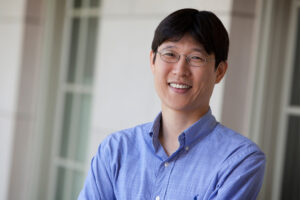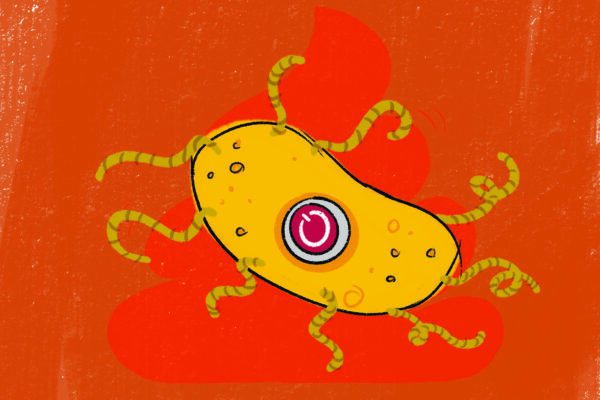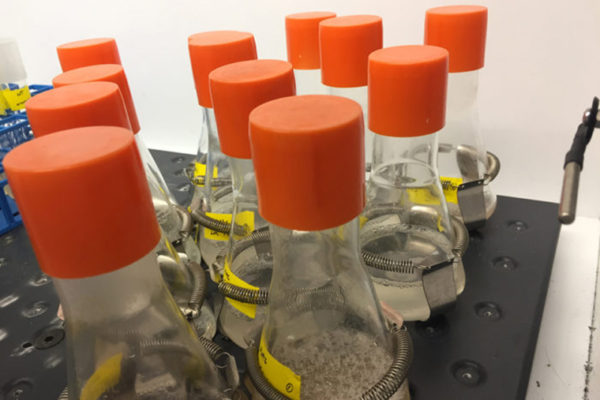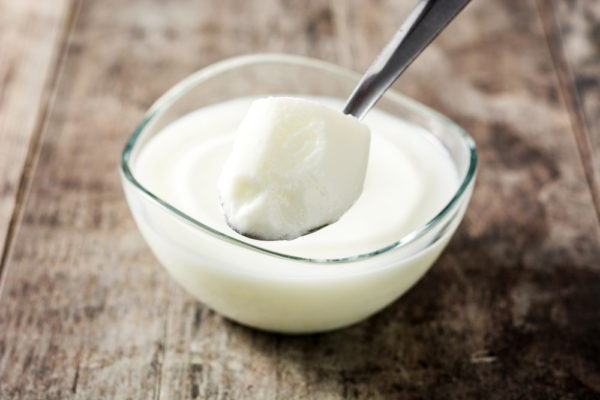Since the 18th century, thousands of women in Jeju, South Korea, have made a living diving in icy-cold water for seafood and seaweed. Only recently did these women, known as Haenyeo, start wearing wetsuits designed to keep them warm. While researchers have studied some of the factors that may contribute to their tolerance of cold water for long periods of time, an engineer at the McKelvey School of Engineering at Washington University in St. Louis thinks it might be a result of bacteria.

Tae Seok Moon, associate professor of energy, environmental and chemical engineering, has received a three-year $501,246 grant from the Office of Naval Research to study how heat from the human microbiota may contribute to maintaining body temperature in cold environments.
“This is the craziest idea I’ve ever imagined,” said Moon, whose research involves developing genetic sensors for bacteria. “At the end of the day, I want to manipulate bacteria to help us maintain body temperature. The findings may help to guide real-world applications, such as preventing hypothermia.”
Read more on the engineering website.


